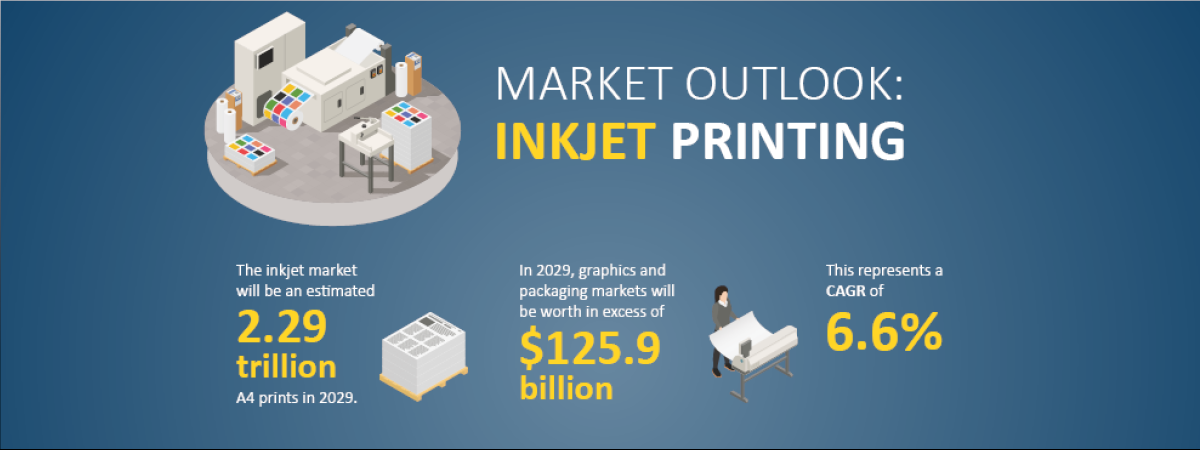18 February 2014

Right to be accompanied: Position affirmed
Observant readers will recall that back in August 2013 we reported on the highly pertinent issue of an employee's right to be accompanied to a disciplinary or grievance hearing. The case illustration was that of Toal v GB Oils Ltd which considered the position when an employee is refused their first choice of companion. The Employment Appeals Tribunal ("EAT") decided this would amount to a breach of the statutory right to be accompanied under section 10 of the Employment Relations Act 1999.
The question of whether a worker's right to be accompanied is limited only by the reasonableness of their request was recently raised again as to whether the Toal decision was correct.
A separate division of the EAT found that the Toal decision was the correct approach in Roberts v GB Oils Ltd; this appeal obviously involved the same employer. Here the Claimant was refused his first choice of companion at a disciplinary hearing at which he was fairly dismissed by reason of misconduct. Mr Roberts' claim had also failed at the original employment tribunal in his claim for a breach of section 10.
Upholding Mr Roberts' appeal, the EAT followed the earlier decision in Toal, this in spite of some reservations from a member of the constituted panel as to its overall effect. It was found that the statute was sufficiently precise and the EAT also took into consideration paragraph 15 of the relevant ACAS Code of Practice (to exercise the statutory right to be accompanied workers must make a reasonable request), which pointed to a wider interpretation of reasonableness in considering the choice of companion.
While the confirmed position again was favourable to the worker, the EAT did consider that there was an inherent safeguard in place for the employer, insuring them against a worker's "wanton" choice of an unsuitable companion, as in such a scenario an employment tribunal would have the discretion to reduce any compensation to the worker to nil.
While this is a clear affirmation of the position espoused in Toal, there remains some ambiguity over what the situation would be if a worker were to withdraw a request to be accompanied by a particular companion, substituting a fresh request for a different companion thereafter. This point however was dealt with by the EAT or original tribunals in either Toal or the presently considered case of Mr Roberts.
The resulting action from the decision in favour of Mr Roberts was for the EAT to remit the matter of compensation up to the two weeks' pay limit to an employment tribunal. No comment was however made as to whether the breach of this right would mean quantum in the order of forty shillings, or again as in Toal, perhaps the more likely sum of two pounds.
Conclusion
There now appears to be little uncertainty as to the position in respect of the right of a worker to be accompanied. The diligent reader may have gathered that the enforcement of this right does not centre around financial compensation, but rather the simple exercise of the right itself. With the compensation available being nominal, or potentially nothing in the case of the above-cited "wanton" request for an unreasonable companion, for employers the message is quite clearly to ensure that the company handbook is up to date in respect of workers' accompaniment to hearings.
 Intergraf Economic News (Paper Prices) - March 2024
Intergraf Economic News (Paper Prices) - March 2024
18 March 2024
Access the latest edition of the Economic Newsletter for the European Printing Industry for data on paper consumption, and pricing data for pulp, paper and recovered paper. Data for packaging papers and board is also available with this edition.
 UK to follow global expansion of inkjet printing
UK to follow global expansion of inkjet printing
21 March 2024
The latest expert analysis from Smithers identifies the potential of the latest generation of inkjet systems to improve profitability across the global print market. Read more about the new report The Future of Inkjet Printing to 2029.
The BPIF is the printing industries champion. By becoming a member you join a diverse and influential community. We help you solve business problems, connect you to new customers and suppliers and make your voice heard in government.
Call 01676 526030









